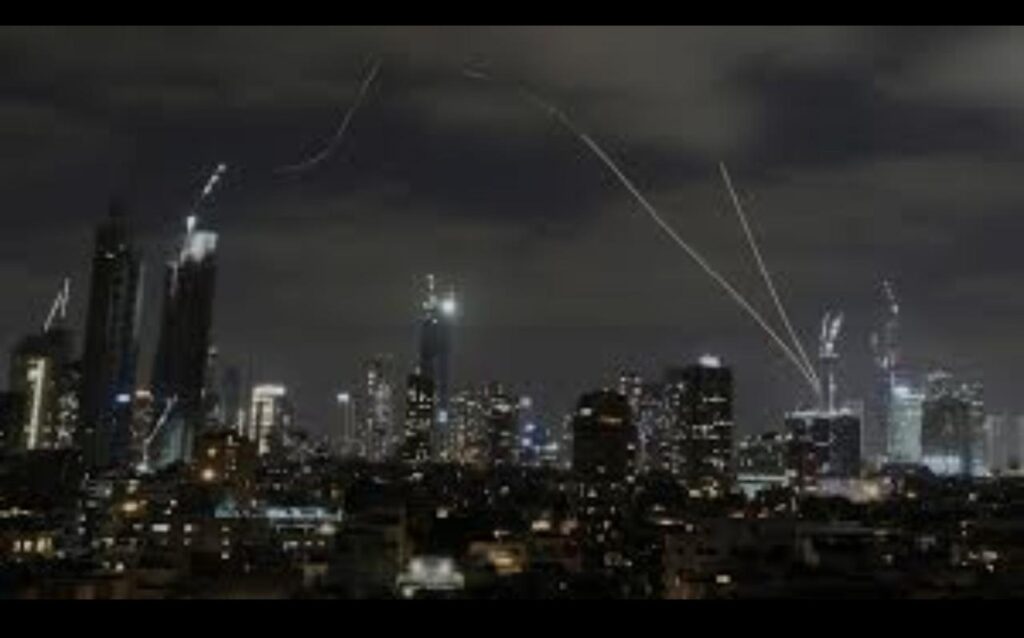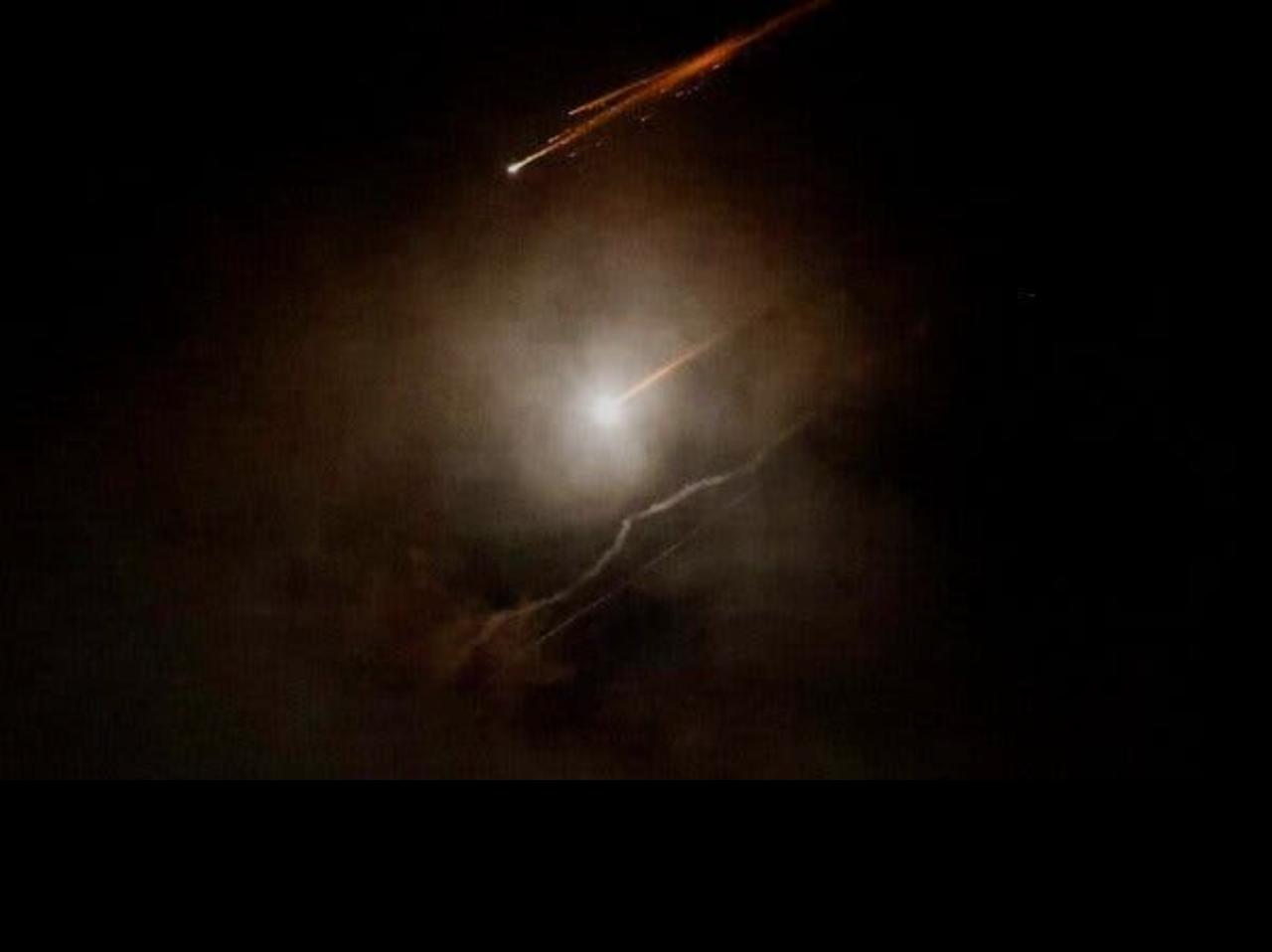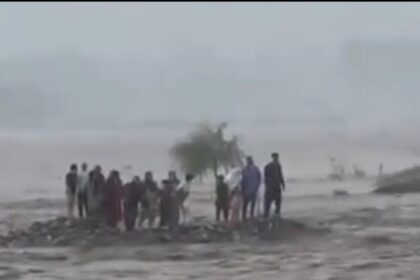Israel Claims Killing of Iran’s Top Commander Ali Shadmani
Tehran, June 17, 2025 — Tensions in the Middle East have escalated dramatically. Iran launched a series of ballistic missiles near what it identified as a Mossad headquarters. Meanwhile, Israel confirmed a deadly airstrike in central Tehran that allegedly killed Major General Ali Shadmani, Iran’s top military commander.
The Israeli Defense Forces (IDF) stated that the strike was based on “precise intelligence.” This marks the second assassination of a senior Iranian commander in under a week.
Who Was Major General Ali Shadmani?
Following the earlier killing of Lt. Gen. Gholamali Rashid in another Israeli strike, Supreme Leader Ayatollah Ali Khamenei promoted Ali Shadmani. He was named Commander of Iran’s Khatam al-Anbiya Central Headquarters.
Shadmani served as Iran’s wartime Chief of Staff and a key advisor to the Supreme Leader. Israeli officials have not shared operational details, and Iranian authorities have not officially confirmed his death.
This incident signals a sharp rise in military escalation between Iran and Israel as the conflict enters its fifth day.
Israeli Airstrikes Kill 24 in Isfahan and Lorestan
Simultaneously, Israeli airstrikes hit Iran’s Isfahan and Lorestan provinces. According to local reports, at least 24 people died. The strikes targeted both civilian infrastructure and military installations, prompting widespread international condemnation.
21 Muslim Nations Condemn Israeli Military Actions
In a rare show of unity, 21 Muslim-majority nations issued a joint statement on June 17. The declaration condemned Israel’s military campaign in Iran and demanded an immediate ceasefire.
Pakistan’s Deputy Prime Minister and Foreign Minister, Ishaq Dar, shared the statement on the platform X (formerly Twitter). Signatories included countries such as Saudi Arabia, Türkiye, Egypt, Qatar, the UAE, and others.

Key Points from the Joint Muslim Statement
- Condemnation of Israeli Strikes: Framed as violations of international law and the UN Charter.
- Ceasefire Demand: Both sides were urged to de-escalate and agree to an immediate ceasefire.
- Support for Nuclear Non-Proliferation: The group reiterated support for a nuclear-free Middle East.
- Nuclear Facility Protection: Attacks on IAEA-monitored nuclear sites were labeled illegal and inhumane.
- Promotion of Diplomacy: The statement stressed that peace must come through dialogue, not force.
- Safe Navigation: It called for protection of international waterways to maintain regional trade and stability.
Outlook: What’s Next in the Iran-Israel Conflict?
With high-profile assassinations, rising civilian casualties, and increased missile activity, the conflict now threatens broader regional stability. Despite growing international calls for restraint, both Iran and Israel continue to escalate.
The path forward remains uncertain. However, without diplomatic engagement, peace appears increasingly out of reach.






